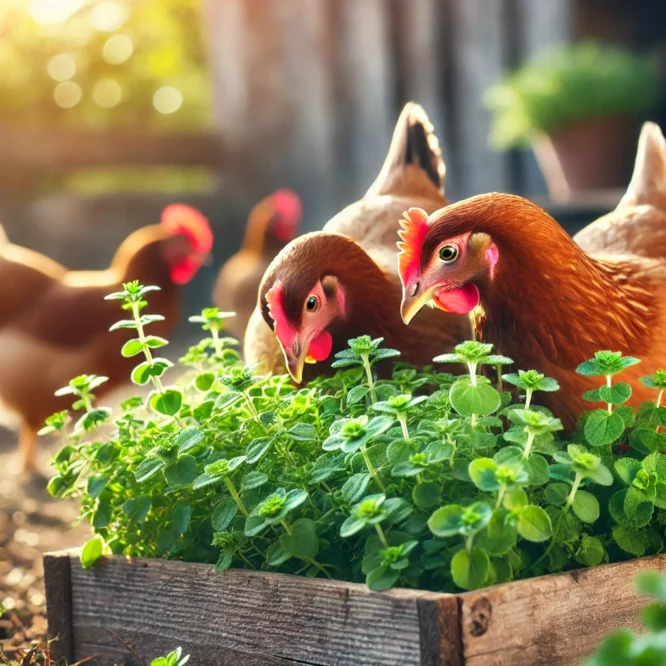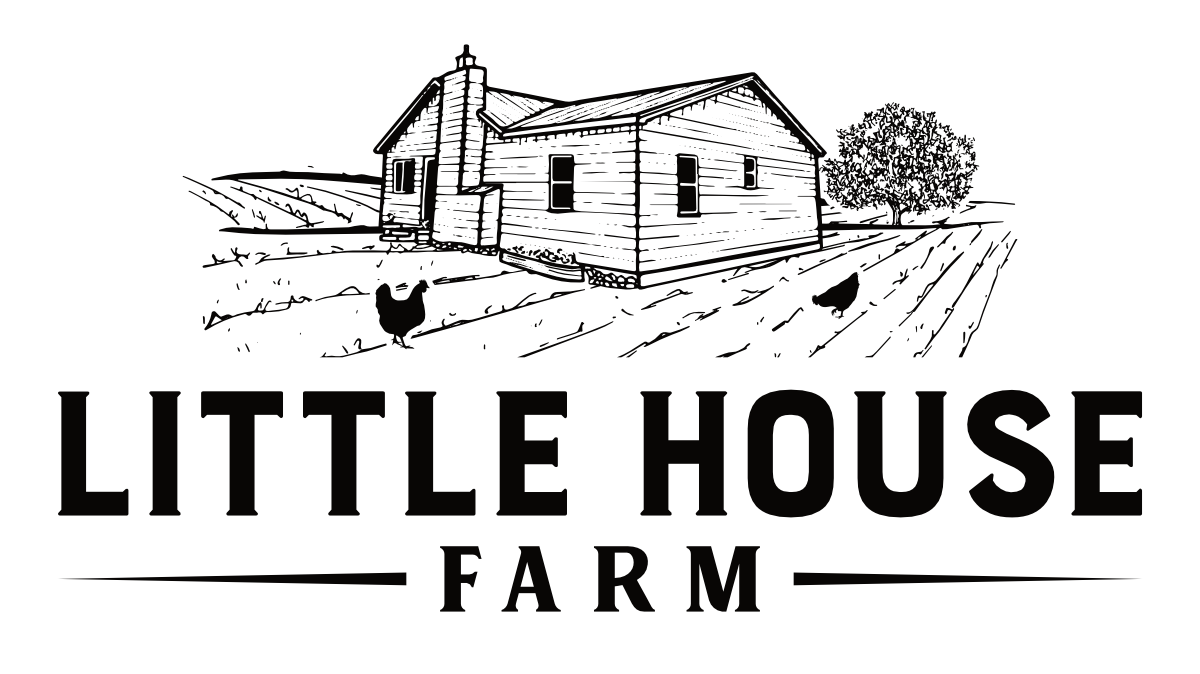Oregano isn’t just a flavorful addition to your favorite Italian dishes; it may also be a beneficial supplement for your backyard chickens. As poultry farmers seek natural alternatives to antibiotics and synthetic additives, oregano has emerged as a popular choice. But is oregano truly good for chickens? How much should you give them, and are there any risks involved? Let’s explore the potential benefits and considerations of adding oregano to your flock’s diet.

The Benefits of Feeding Oregano to Chickens
1. Natural Antimicrobial Properties
Oregano contains potent compounds like carvacrol and thymol, which have demonstrated antimicrobial effects against bacteria, viruses, and fungi. Incorporating oregano into your chickens’ diet may help reduce the risk of common infections and improve overall flock health.
2. Immune System Support
The antioxidants present in oregano can bolster the immune system by combating oxidative stress. A stronger immune system means your chickens are better equipped to fight off diseases and recover more quickly if they do get sick.
3. Improved Digestive Health
Oregano may promote a healthy gut by supporting beneficial gut flora and inhibiting harmful bacteria. This can lead to better nutrient absorption, growth rates, and overall well-being.
4. Natural Growth Promoter
Some studies suggest that oregano can act as a natural growth promoter, enhancing feed efficiency and weight gain in broiler chickens without the use of synthetic additives.
How Much Oregano Is Appropriate?
When adding oregano to your chickens’ diet, moderation and consistency are key. Here are some guidelines:
- Fresh Oregano Leaves: Finely chop fresh oregano leaves and mix about 1 teaspoon per chicken into their feed a few times a week.
- Dried Oregano: Sprinkle 1/2 teaspoon of dried oregano per chicken into their feed or scratch grains.
- Oregano Oil: Use oregano oil cautiously, as it is highly concentrated. Dilute 1-2 drops of oregano oil in a gallon of water. Offer this solution to your chickens once a week.
- Commercial Oregano Supplements: Follow the manufacturer’s instructions for dosage, as concentrations can vary.
Always introduce oregano gradually to monitor how your chickens react and to prevent any digestive upset.
Potential Risks and Considerations
1. Overconsumption and Digestive Issues
Excessive amounts of oregano can lead to digestive disturbances, such as diarrhea or reduced feed intake. Start with small quantities and observe your flock’s response.
2. Interaction with Medications
If your chickens are on specific medications, particularly those affecting the liver or metabolism, consult a veterinarian before adding oregano to their diet to avoid potential interactions.
3. Quality of Oregano Products
Ensure that any oregano oil or supplements used are food-grade and free from additives or contaminants that could harm your chickens.
Best Practices for Feeding Oregano
- Consistency Over Quantity: Regular, moderate supplementation is more effective than sporadic large doses.
- Monitor Flock Health: Keep an eye on your chickens for any adverse reactions or changes in behavior and adjust the supplementation accordingly.
- Combine with Good Husbandry: While oregano can offer benefits, it should complement, not replace, proper nutrition, sanitation, and veterinary care.
- Consult a Professional: If using oregano as a preventive measure or treatment for specific health issues, seek advice from a poultry veterinarian.
Conclusion
Oregano can be a valuable addition to your chickens’ diet, offering natural antimicrobial and immune-boosting properties. By using it appropriately and monitoring your flock, you can tap into the potential benefits while minimizing risks. As with any supplement, oregano should be part of a holistic approach to flock management that includes balanced nutrition and proper care.
Disclaimer: The information provided in this blog post is for educational purposes only and is not a substitute for professional veterinary advice. Always consult with a qualified veterinarian before making significant changes to your animals’ diet or health regimen.
